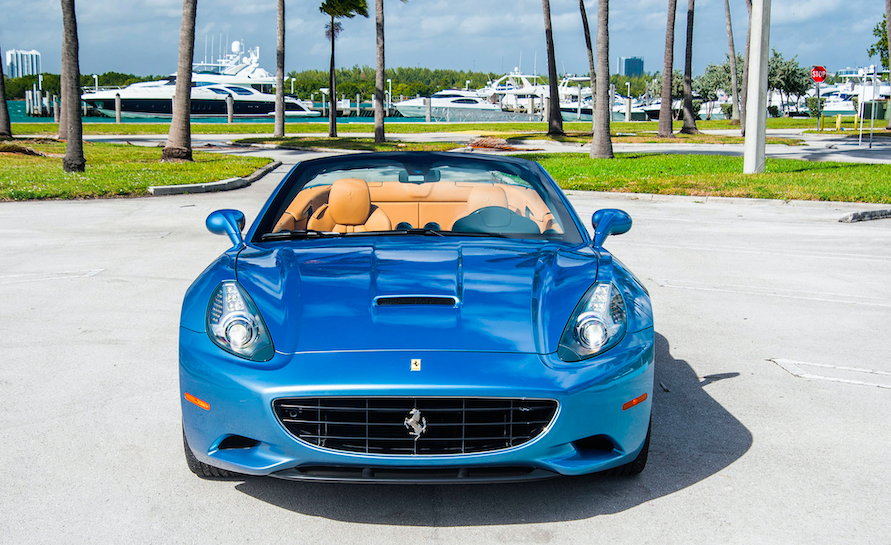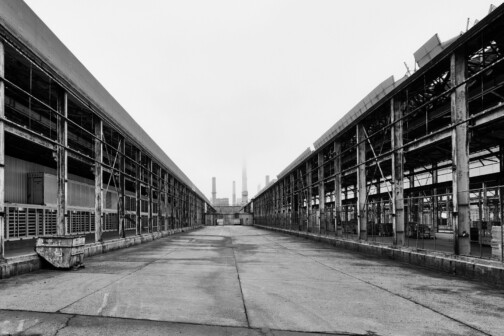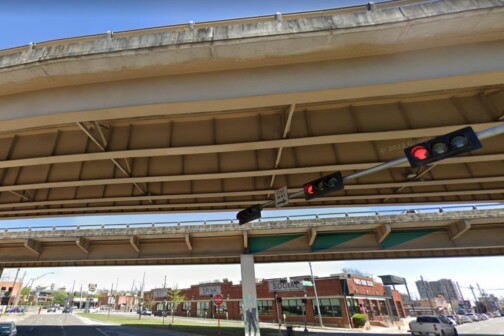Dallas Love Field Airport recently signed a contract allowing Turo, a San Francisco-based peer-to-peer car-sharing company, to offer vehicle pickup at the airport. The contract comes in the wake of DFW Airport suing Turo in the hopes that it cease operations at one of the largest airports in the country.
With a presence in more than 11,000 cities worldwide, Turo provides a platform for car owners to lend their cars to customers while the owners aren’t using them—similar to Airbnb’s model for homes and rooms. Customers can browse vehicles on the app to find the location, price, and type of vehicle they need and have the car delivered to a specific location.
The owner can remotely unlock the car and leave it in a certain location for pickup, or the customer and owner can meet in-person to exchange the keys and information about the vehicle. Everything is booked and arranged through the Turo app. Turo offers its third-party liability insurance in addition to the owner’s existing car insurance.
The company has been around for ten years, and can operate in Dallas proper, but ran into a snag when DFW Airport brought a lawsuit in Tarrant County district court against it. The Dallas Morning News wrote about the legal case last year, with DFW Airport towing Turo vehicles in its parking lots. DFW Airport isn’t alone in its conflicts with Turo. Airports in North Carolina, Massachusetts, Tennessee, and Florida previously sued the company before eventually issuing permits.
“We have a problem with illegal commercial activities, specifically, professional car renters who own fleets of vehicles and rent cars online and have them delivered here to the airport,” DFW Airport Lawyer Paul Tomme said in an airport board meeting in August 2022. “They don’t have a permit with the airport to do so, even though the code requires them to have one; they don’t pay airport fees; they don’t collect state rental car taxes or local rental car taxes and remit them to the state.”
The airport asked Turo to operate like a rental car company, with a staffed counter at the airport similar to other car rental agencies, and to pay similar fees and taxes. Legal documents show how the airport worked with car rental companies on a bill in the legislature that would put Turo in the same category.
DFW’s executive VP of global strategy and development testified in the state legislature that individuals own fleets of vehicles and operate like a rental car company using Turo’s app. He said Turo “is simply refusing to comply with any rules or regulations and are [sic] exploiting a loophole” and that it is “renting cars through an online app instead of a counter.”
Turo disagrees: It doesn’t see itself in the same category as car rental companies. It currently isn’t operating at DFW Airport, even though other major airports such as Los Angeles, Denver, Atlanta, and Orlando haven’t shown the same hesitations and do have contracts with Turo. DFW Airport declined to comment because of the ongoing legal case.
Turo says it has no problem being regulated but doesn’t want to follow the same rules as a car rental company with fleets of vehicles, real estate, and employees. The company states it is a software platform, not a rental car company. “We believe that a peer-to-peer car-sharing permit is the solution here,” says Catherine Mejia, Turo’s marketing director. “We have worked with other airports to create a permit with designated areas to do exchanges. There is a clear path for how exchanges can go safely at the airport.”
The lawsuit with DFW Airport has been pending for nearly two years and isn’t set to go to trial until April 2024. Turo now has agreements with 75 airports around the country.
The Love Field contract is a step in the right direction for Turo’s operations in Dallas, but DFW Airport is the big fish in North Texas. It is one of the busiest in the world and was the second most active in the country last year, with 73 million passengers passing through. Accessing travelers there would be a significant win for Turo.
Legal documents show that traditional car rental companies are not happy with the competition from Turo. A director at Avis emailed DFW officials, saying Avis “view[s] Turo’s airport activities as direct competition to [their] business which will decrease [Avis] revenues and ultimately erode the . . . income stream from . . . the car rental industry at large.”
DMN first reported that rental car companies significantly influence the airport’s bottom line and are expected to bring in $33.6 million in revenue for DFW this year. Parking brings in another $145 million.
Later, a DFW official wrote to its board, notifying it that DFW would soon file its lawsuit. The official wrote, “The rental car companies are very upset because they feel Turo has an unfair advantage since their rental fees are substantially lower than traditional rental cars, primarily because they don’t collect the various fees and taxes that the rental car companies are required to collect here at the Airport.”
Though the lawsuit remains unresolved, momentum seems to be heading in Turo’s favor, with airports around the state and country continuing to sign contracts with the service. Mejia hopes to find a solution soon.
The conflict is a familiar one. DFW Airport tried to stymie ride-sharing, when it first arrived on the scene, but it now allows ride-share companies to operate. A DMN opinion column wrote about the matter. “In the latest example of business ingenuity and technology catching the establishment off-guard, DFW is overreacting by seeking an injunction to permanently stop Turo. But airport leaders are right to be concerned about the way the company just slid into the airport’s parking garages without oversight.
“If Turo is going to set up car rentals at the airport, it needs to play by airport rules. Having a private car owner just park and walk away in a lot near a terminal so a renter can come to pick it up is not playing fair with rental companies that have to have designated lots, among other requirements,” the column says. “If the company will work with DFW Airport to get reasonable regulations in place, the airport should open that dialogue for the benefit of the traveling public. Lots of us like Uber and Airbnb, after all. And Turo might be an improvement in time and money on the traditional rental market.”
Mejia is also aiming for a solution but resists being lumped in with car rental companies. “There are dozens of state governments that distinguish our industry from rental car companies,” Mejia says. “We don’t want a free for all, but are coming with a regulation template to work at DFW Airport and hope they will come to the table with us.”
Author







